Supreme Court Kiribati
The Supreme Court of Kiribati is the highest judicial authority in the country, responsible for interpreting and applying the laws of Kiribati. It plays a central role in upholding the Constitution, ensuring justice, and maintaining the rule of law. The judicial system in Kiribati is influenced by common law principles, and the Supreme Court operates as the final court of appeal for all legal matters.
Key Features of the Supreme Court of Kiribati:
Constitutional Role:
- The Supreme Court of Kiribati is established by the Constitution of Kiribati, which outlines its powers and responsibilities.
- The court has the ultimate responsibility for interpreting the Constitution and ensuring that the government acts within its constitutional limits.
- It serves as the final authority on matters of law, including constitutional issues, criminal cases, and civil disputes.
Composition:
- The Supreme Court consists of the Chief Justice and other appointed judges. The Chief Justice is the head of the judiciary, and the judges are appointed by the President of Kiribati, typically based on recommendations from the Judicial Service Commission.
- The judges serve for fixed terms, and the appointment process emphasizes the independence of the judiciary.
Jurisdiction:
- The Supreme Court has original jurisdiction in cases that involve the interpretation of the Constitution and significant national issues.
- It also serves as the appellate court for cases from lower courts, including the High Court of Kiribati and other specialized courts, offering a final ruling on appeals.
- The court has a broad jurisdiction that includes criminal, civil, and constitutional matters.
Role in Constitutional Matters:
- One of the key roles of the Supreme Court of Kiribati is to interpret the Constitution, ensuring that all laws and actions by the government align with constitutional provisions.
- The court has the authority to rule on the constitutionality of laws and government actions, protecting the rights and freedoms of individuals.
Judicial Review:
- The Supreme Court has the power to conduct judicial review, ensuring that the government and public bodies act in compliance with the law and the Constitution.
- It can strike down laws or government actions that violate the Constitution, ensuring the legal framework remains fair and just.
Court Structure:
- The Supreme Court operates in conjunction with other courts in Kiribati, including the High Court, which handles a wide range of legal matters, including criminal and civil cases.
- While the Supreme Court handles appeals and constitutional issues, the High Court has jurisdiction over more routine cases and legal disputes.
Role in Electoral Matters:
- The Supreme Court also plays an important role in election disputes. If a dispute arises regarding the outcome of national elections, the Supreme Court may be called upon to review the case and provide a ruling.
- This ensures that the electoral process remains transparent, free, and fair.
Appeals Process:
- As the highest court in the country, the Supreme Court of Kiribati hears appeals from lower courts, especially those concerning significant legal principles or matters of national importance.
- Its decisions are final and cannot be appealed further, making it a critical component of the judicial system.
Independence of the Judiciary:
- The Supreme Court of Kiribati operates independently from the executive and legislative branches of government. This independence is vital in maintaining the integrity of the judicial system and ensuring that the court can rule impartially on legal matters.
- The appointment process for judges is designed to protect the judiciary from political influence.
Legal Reforms:
- Like many other judicial systems, the Supreme Court of Kiribati is subject to periodic reforms aimed at improving efficiency, transparency, and accessibility.
- These reforms help ensure that the judicial system remains responsive to the needs of the people and that justice is delivered in a timely and fair manner.
Conclusion:
The Supreme Court of Kiribati is an essential part of the country’s legal system, with responsibility for interpreting the Constitution, ensuring the rule of law, and safeguarding individual rights. As the final authority on legal disputes, the court plays a crucial role in shaping the nation’s legal landscape and ensuring that all laws and government actions are in compliance with constitutional principles. Its independence and authority are vital for the effective functioning of the judicial system and the protection of democracy in Kiribati.














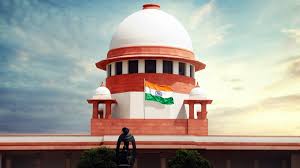


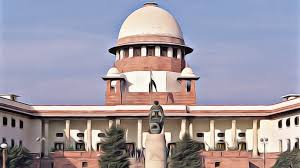

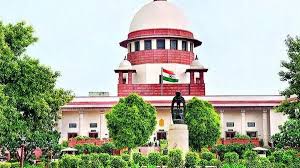









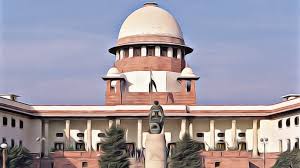




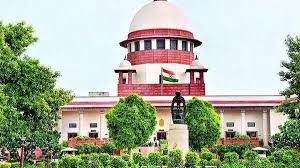



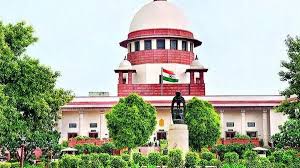
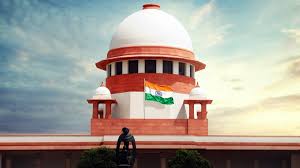



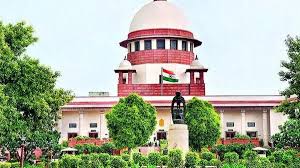


















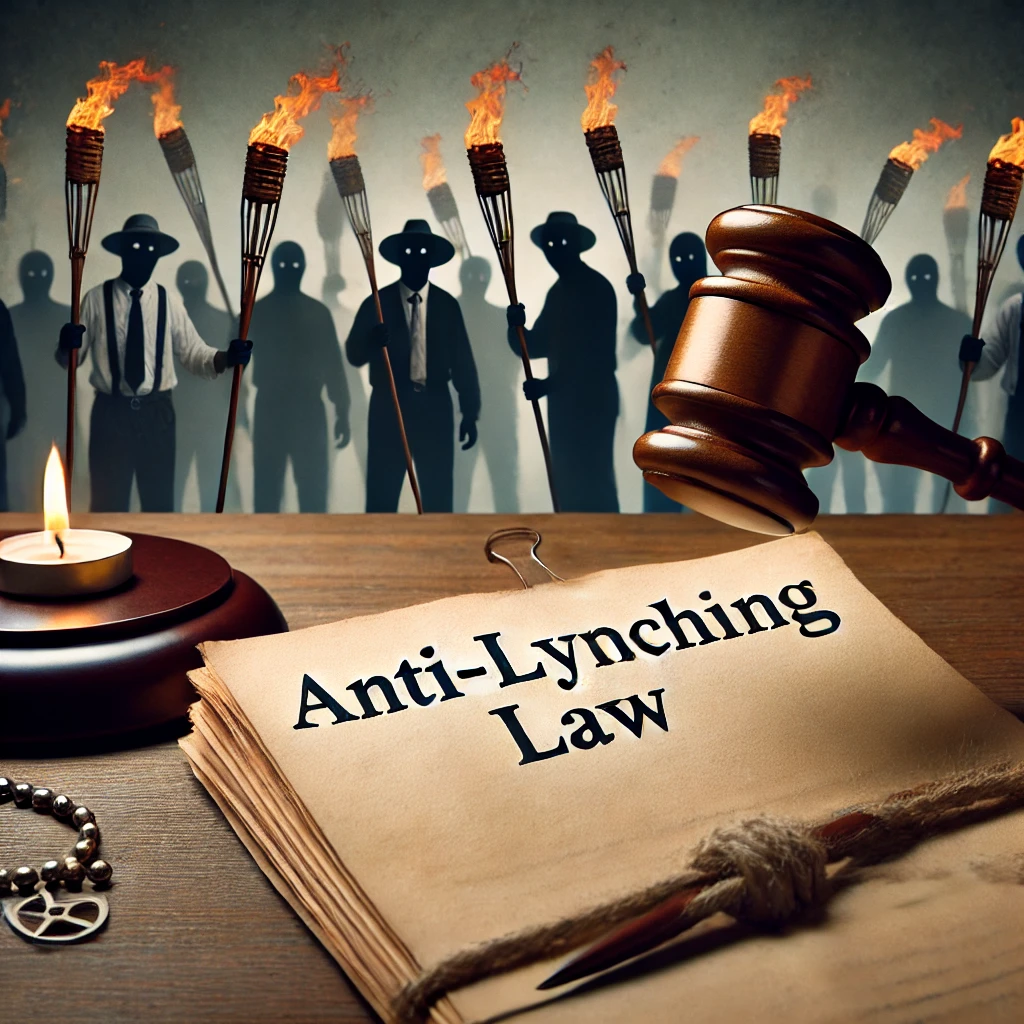
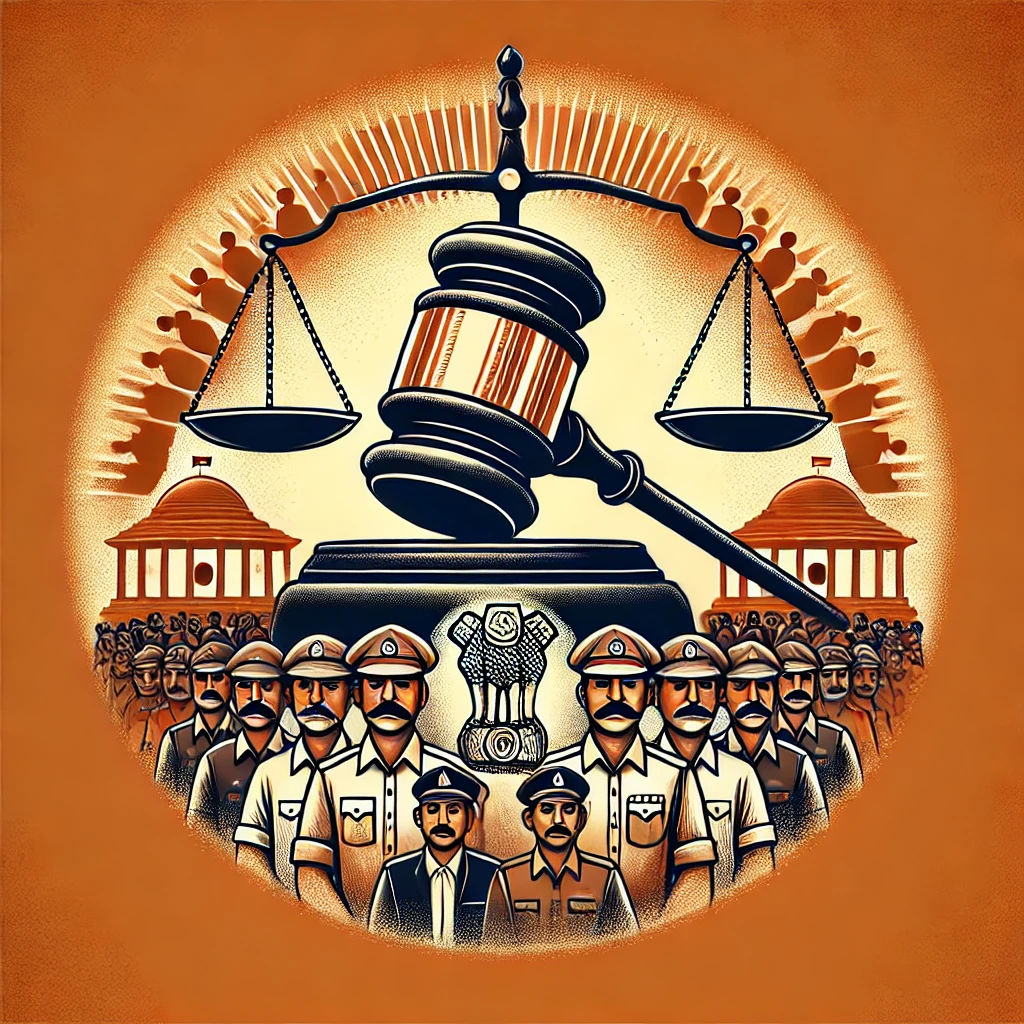

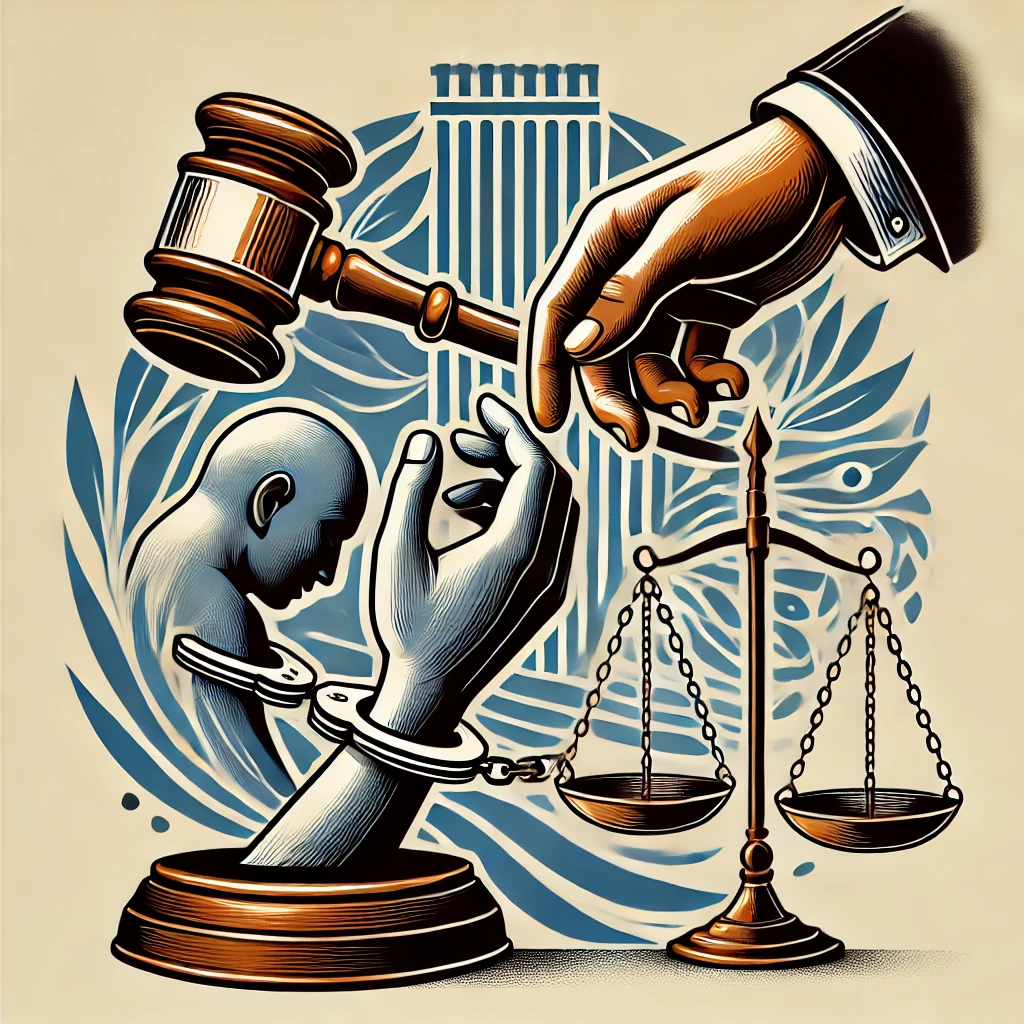











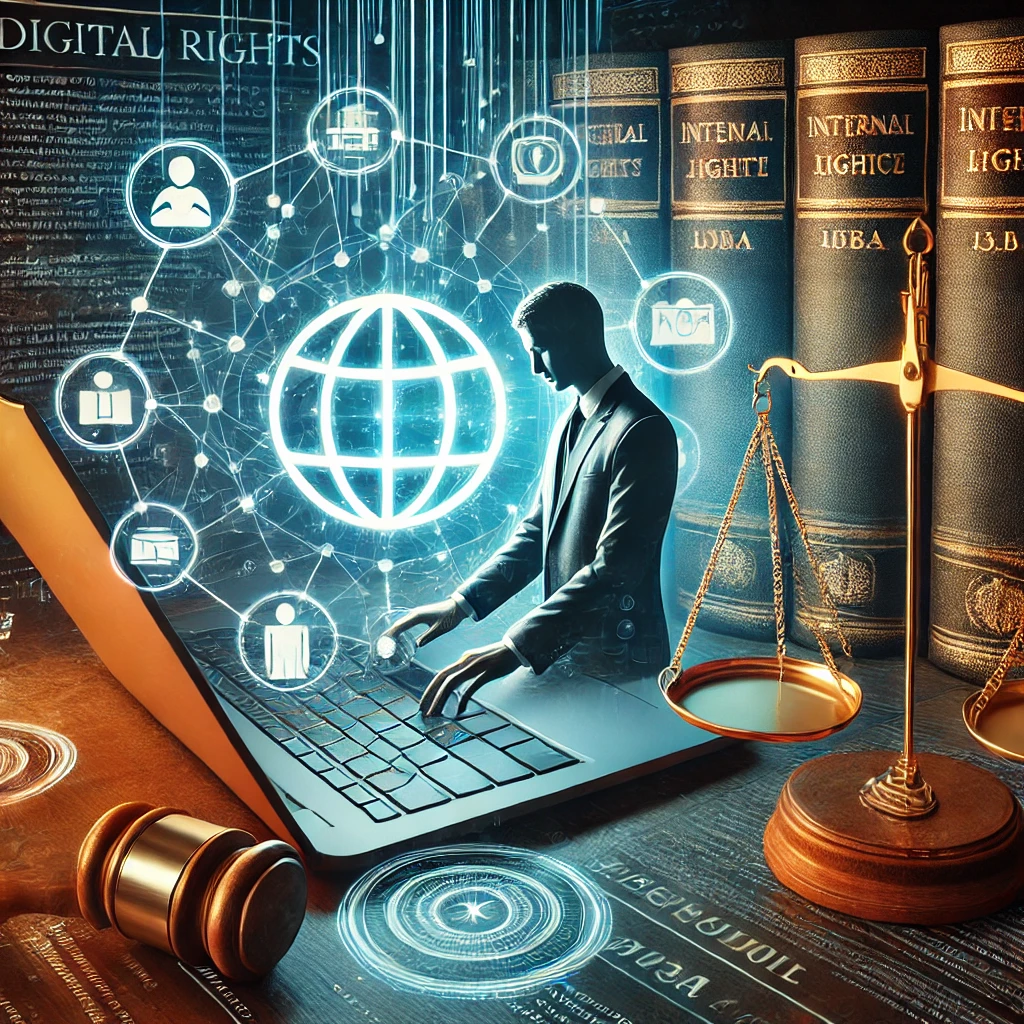




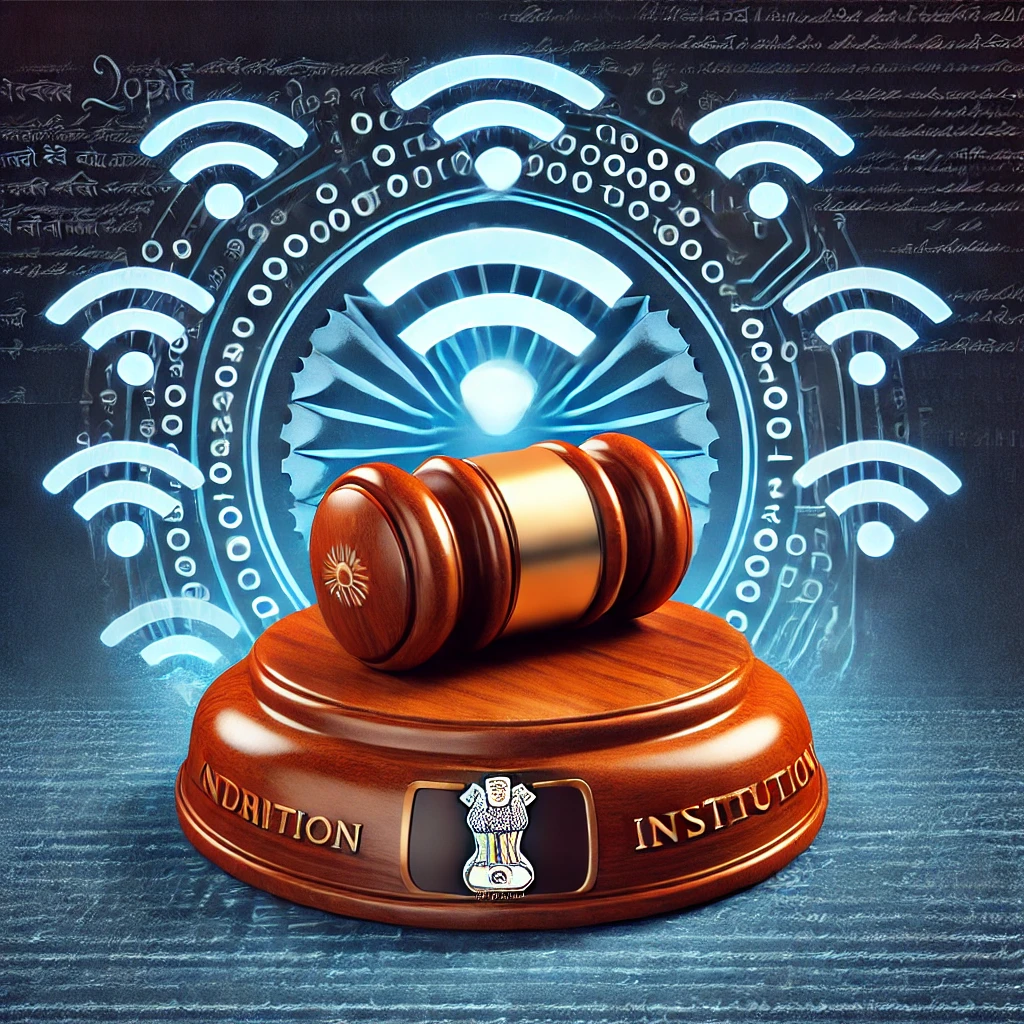

























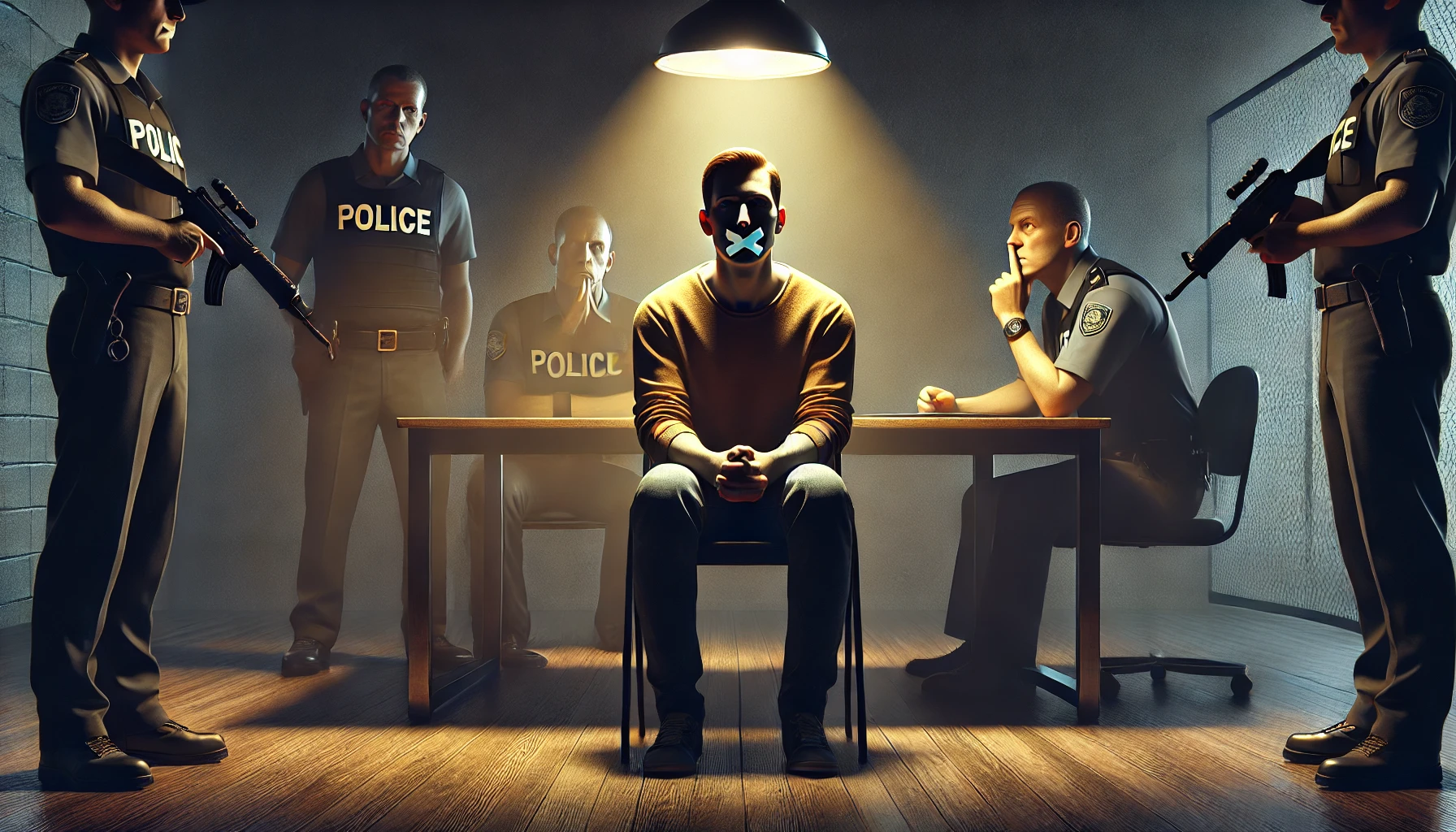








































































































































































































































































































0 comments